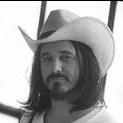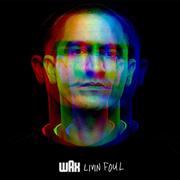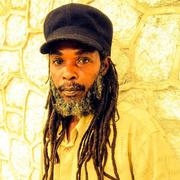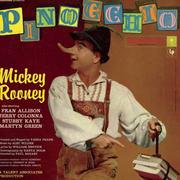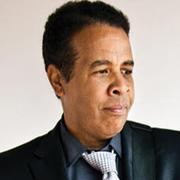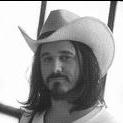Gilby Clarke
| 基本信息 | |||
|---|---|---|---|
| 姓名 | Gilby Clarke | 别名 | 暂无 |
| 国籍 | 欧美 | 出生地 | |
| 语言 | 性别 | 男 | |
| 生日 | 星座 | ||
| 身高 | 体重 | ||
by Greg PratoAlthough he's issued several solo albums on his own, guitarist Gilby Clarke is best known for his brief stint as a member of Guns N' Roses. Born on August 17, 1962, in Cleveland, OH, Clarke later relocated to Los Angeles, where he fell into the local music scene playing with such obscure '80s outfits as Candy (who issued a lone album, Whatever Happened to Fun?) and Kill for Thrills (who too, only managed a single release, Dynamite from Nightmareland). During this time, Clarke befriended the members of Guns N' Roses, who had endured a meteoric (yet rocky) rise to superstardom. Shortly after a mammoth tour in support of their overblown Use Your Illusion albums got underway in late 1991, founding guitarist Izzy Stradlin abruptly left the group. Clarke was one of the few guitarists that GNR tried out, and was quickly invited onboard. Clarke remained with the group for the remainder of the tour (which lasted through 1993) and appeared on their all-covers release, The Spaghetti Incident? But after coming off the road, Guns singer Axl Rose decided to try pursuing different styles of music, which he thought Clarke's rough and ready style wasn't suitable for, leading to Clarke's (and soon after, the rest of the other members') dismissal from the band. Undeterred, Clarke automatically launched a solo career, releasing such albums as 1994's Pawnshop Guitars (which spawned the moderate rock radio hit "Cure Me...or Kill Me"), 1997's Hangover, 1998's Rubber, 2000's 99 Live, and 2002's Swag. In addition, Clarke has produced albums for others (including a pair of albums by late-'90s power popsters Beat Angels and '80s glam mainstays L.A. Guns) and continued to play from time to time with his former Guns bandmates (on Duff McKagan's 1993 solo release Believe in Me and touring with Slash's solo group, Slash's Snakepit). In 2001, Clarke formed a group with former Stray Cats drummer Slim Jim Phantom, called Col. Parker, issuing their debut album the same year, Rock n Roll Music. Clarke released another solo record, the eponymous Gilby Clarke, in early 2007.
 加载评论内容,请稍等......
加载评论内容,请稍等......
